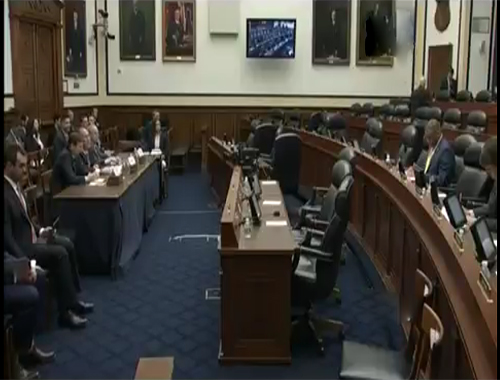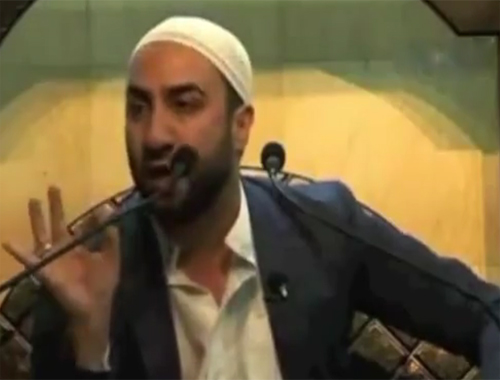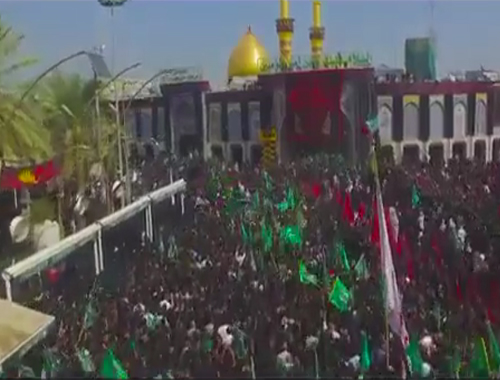Brief Answer
- Details
- Hits: 3771
Brief Answer
The limiting of the Ahlul Bayt (ع) to the fourteen infallibles is not a human decision; it is an exclusivity understood from the Divine words in the Verse of Purification and the traditions of the noble Prophet (ص).
There are numerous discursive and traditional proofs than can be relied on to prove this claim.
Discursive and textual proofs
a. The Qur`an consists of the words of Allah (awj) that He revealed to His Prophet in the Arabic language. And Allah’s (awj) words, like His actions, are free of any sort of defect; it is not possible for them to contain any type of grammatical mistake.
Now, if the term Ahlul Bayt in the Verse of Purification were to refer to all relatives of the Prophet (ص), it would be in violation of the rules of Arabic grammar and detrimental to the eloquence and perfection of the Divine word. This is because the Prophet (ص) had more than fifteen wives and for a masculine pronoun to be used in the Verse of Purification to refer to a group, the majority of which were women, would be contrary to proper ‘Arabic speech. Thus, the pronouns in the verse refer to the descendents and trustees of the Prophet (ص) in the house of Fatima I.
b. To determine the meaning of a word, it is necessary to look at the context in which it originated in order to understand its true exact sense. In the Verse of Purification, the word ahl (family or people) is under discussion. This word must always be in a possessive phrase, at least in meaning if not in words. That is, its meaning is incomplete unless it is attributed or related to something else. In this verse as well it has been attributed to al-bayt, or the house of prophecy; and we know that this can apply to no house aside from that of Fatima I. If al-bayt referred to an inhabited house, for the other wives of the Prophet (ص) to be included in this phrase, Umm Salamah—in whose house the verse was revealed—should be the first person to be included in the phrase. But the opposite is true, since the Prophet (ص)—with Umm Salamah’s agreement—did not consider her to be among the Ahlul Bayt.
Traditional proofs
a. There are a group of traditions in which the Prophet (ص) aimed to clarify and delimit the Ahlul Bayt (ع) in the Verse of Purification. Thus, the Prophet (ص) said that this verse was revealed about five people: himself, ‘Ali, Fatima, Hasan, and Husayn (ع).
b. Another group of traditions that mention the Prophet’s actions in this regard, since practical teachings are more lasting than oral teachings. Thus, it has been narrated that for six months the Prophet (ص) would come to the door of Fatima’s I house at prayer times and say, “Prayers, O People of the House!” and he would recite the Verse of Purification.
c. A third group are the accounts that indicate that it was well-known to the people that the Ahlul Bayt are limited to these people, the details of which have been mentioned in books of Qur`anic exegesis.











